Ep. 162: Board Meetings | Popular Climbing Trends We Like
Let’s be clear here - not all trends are good trends. In this episode, Nate and I sit down to discuss recently trending things that we’re glad to see gaining in popularity.
FULL EPISODE TRANSCRIPT:
Kris Hampton 00:31
What's up everybody? I'm your host, Kris Hampton.
Nate Drolet 00:34
And this is Nate Drolet.
Kris Hampton 00:35
And together we form the Pet Shop Boys. Any ideas?
Nate Drolet 00:42
Ummm I would guess it is late 80s, early 90s Hip Hop, you know
Kris Hampton 00:46
That'd be an incorrect guess. It's actually from the UK. Probably 2000s.... could be 90s I guess. But they were super pop music, so...... because talking today about popular trends,
Nate Drolet 01:06
I see what you did there.
Kris Hampton 01:08
See?
Nate Drolet 01:09
It gets worse every time.
Kris Hampton 01:13
Hahaha. I only actually know about the Pet Shop Boys because of an Eminem song. Never actually listened to the Pet Shop Boys. I couldn't tell you much about their music.
Nate Drolet 01:22
Gotcha.
Kris Hampton 01:22
I just know they are pop and they're British. It's all I really know.
Nate Drolet 01:26
I'm just gonna keep guessing that everything's A Tribe Called Quest reference.
Kris Hampton 01:29
Hahaha. That's probably safe.
Nate Drolet 01:31
Yeah
Kris Hampton 01:32
You'll be correct probably half the time.
Nate Drolet 01:35
Perfect. Yeah, the other half I'll just make you infuriated, so I win every time
Kris Hampton 01:41
Hahaha. I get messages about people not understanding how you don't understand my references. I get like three of those, let's be honest.
Nate Drolet 01:49
And they're all Jeremy Ho
Kris Hampton 01:51
Exactly. Exactly. Shout out, Jeremy. So yeah, we're talking about trends we like seeing becoming popular in climbing and training. And this actually became a much bigger topic than we originally thought it was gonna be, so we've got a lot here. Not our standard top five list.
Nate Drolet 02:11
Yeah
Kris Hampton 02:12
We do have a few top that we want to talk on. And then we'll kind of do just quick, fast lightning round. You know, climb like Adam Ondra, Alex Megos yellow lightning round. Yeah, that's what we call it. The yellow round
Nate Drolet 02:28
The yellow lightning round.
Kris Hampton 02:29
Yes. I like it. And we'll just shout out some other ones we like seeing. But let's start with a kind of a kind of a big topic right now, actually, that I hope to talk more on in the future with some experts in the field and that's strength training versus losing weight.
Nate Drolet 02:49
Yes.
Kris Hampton 02:50
I think that's a really positive trend in a lot of ways, not just in body image and general health, but I think it's better for your climbing frankly.
Nate Drolet 03:04
Yeah. Yeah, you know, um, and kind of on this entire topic in general, as far as trends we like, you know, I think it's.... a lot of the things, a lot of our episodes, we tend to call things out.
Kris Hampton 03:18
Well, we're haters.
Nate Drolet 03:19
Yes. Very much. So. We're crusty. We've been here forever.
Kris Hampton 03:24
It's true.
Nate Drolet 03:25
But yeah, you know, I feel like it's more common you hear people kind of criticize nowadays. And like, we can be guilty of that. And so I thought it was, we both thought it would be important to say, "Hey, these are new things that are coming out, or that are popular and we're behind it. We think it's really cool."
Kris Hampton 03:43
And a lot of them, which means we're way happier than I like to project that I am.
Nate Drolet 03:49
Yeah, this list just kept growing.
Kris Hampton 03:50
I know. It kinda bums me out.
Nate Drolet 03:55
Hahaha. So this first one is a strength training versus like...... kind of strength training in general, but also in respect to getting stronger versus just losing weight.
Kris Hampton 04:06
Right
Nate Drolet 04:06
When trying to improve a strength to weight ratio, which we're in a strength to weight ratio sport.
Kris Hampton 04:12
Yeah. I mean, there's no way around that.
Nate Drolet 04:14
Yeah. It's just, it's a fact. It's, I really like that. Getting stronger is a more popular thing nowadays than just losing weight. And especially, honestly, especially for women. Because I feel like for men getting stronger, like, it's not always just been the go to, but it's been a little more....
Kris Hampton 04:40
It hasn't been stigmatized the way it has with women.
Nate Drolet 04:43
Exactly. You know, so I think it's really cool like, and it's awesome to see women who are really strong like, and there are so many out there that are just like they put in the work and they're so fucking diesel.
Kris Hampton 04:56
Yea
Nate Drolet 04:56
Like it's really cool. Um, but yeah, just strength training in general, like, it's cool to see. I mean, longevity in the sport is great, like general health. Like you said, I think it makes you a better climber.
Kris Hampton 05:09
Yeah, I think the increased athleticism you get from learning to move heavy weights around, you know, is super important. You know, there's a big, there's a lot of talk about injury prevention. And frankly, the best way to not get injured is to be strong.
Nate Drolet 05:29
Yeah
Kris Hampton 05:29
You know. I would much rather walk into a climbing gym and see a bunch of people overhead pressing kettlebells than doing a bunch of rotator cuff band exercises. You know, if you've recently been injured, those exercises are great. But the way to prevent needing to do those exercises is by getting stronger to begin with and not being afraid of moving heavy weights around.
Nate Drolet 06:00
Totally.
Kris Hampton 06:01
And it might seem counterintuitive, like it's a bodyweight sport, for the most part. But it's pretty damn rare that the forces we're putting on our joints, on our muscles are bodyweight. It's not like we're moving really statically and slowly and all limbs are equal, you know. We're making pretty violent, ballistic moves to pretty small edges that are asking our joints and our muscles to do pretty impressive things. So swinging a kettlebell around isn't really asking all that much, you know, and you're not going to be able to mimic those forces using little bands or just bodyweight exercises. It's, it's gonna be pretty helpful to lift some weights.
Nate Drolet 06:54
Yeah. You know, and I think one argument that, and I, I was guilty of this, and it's something I try and look out, I try and, you know, obviously, I think most people like the idea of questioning their own assumptions. And I think one that a lot a lot of us are guilty of, is we look to the most extremes with certain situations.
Kris Hampton 07:16
RIght
Nate Drolet 07:16
So I've been climbing since 2005. And back then, first off back then...this was in the age of Chris Sharma and Dave Graham. You got better by climbing. They didn't train, so you didn't. I mean, that's just what....that was the philosophy. Like no one said anything else.
Kris Hampton 07:33
Right.
Nate Drolet 07:34
But there was also the classic trope of "Well, you know, look at big guys who come in who lift weights, you know, they they're really strong at lifting weights, but, you know, they can't climb hard".
Kris Hampton 07:46
Right
Nate Drolet 07:47
That's like, yeah, so if we look to the most extreme, you're right. But we can do that with anything. I can look and say, "Well, look at these guys who only hangboard. They're really bad rock climbers." Does that mean hangboard is bad? No.
Kris Hampton 07:58
I can say look at these guys who live at Miguel's and can climb every day and they really suck at climbing.
Nate Drolet 08:05
Like we can look at anything to its extreme. Like, nothing taken to its extreme, for the most part, is really is good. And so that's just that's not a good argument and it's not something to really hang your hat on. Like, it's the same thing...you know, if you look at like stretching or yoga, a little bit can be great.
Kris Hampton 08:26
Yeah
Nate Drolet 08:26
We can look at these super flexy, Gumby yoga people who have no strength, and we can say, "Well, this is what happens when you do yoga." It's like, no, that's what happens when you do like, you know, 30 hours of yoga a week, maybe and you don't do anything else.
Kris Hampton 08:39
Right.
Nate Drolet 08:40
But that is an extreme. So with strength training, I think there still is a little bit of hesitancy with people. Because I mean, I don't want to be enormous, I mean.... frankly, like. But yeah, it's
Kris Hampton 08:53
Like, if I can have enormous forearms like Yves Gravelle, that'd be great.
Nate Drolet 08:56
I would love that.
Kris Hampton 08:57
But otherwise, yeah, I'm not trying to get huge.
Nate Drolet 09:00
Yeah, but
Kris Hampton 09:01
And I've been lifting weights a long time. It's pretty hard to get huge.
Nate Drolet 09:05
And you're not huge.
Kris Hampton 09:06
I'm not huge.
Nate Drolet 09:07
Yeah. But yeah, so I love seeing that strength training is getting more popular with people. It's great. I think it's just gonna make people people happier, healthier, climb harder, have a long, much better longevity and climbing. Because man, Nothing's worse than being hurt. Like no one likes that.
Kris Hampton 09:26
Yeah, I mean, I just posted a video on my Instagram of a problem I did in the gym, a Peter Box-amici project. And it's super shouldery, you know. I set it that way on purpose.
Nate Drolet 09:40
Yes
Kris Hampton 09:40
Get in these little boxes, be super shouldery and I got several messages like, "You're gonna blow up your shoulders." And I'm like, "I'm actually prepared to be in these positions if my feet cut." Like, I'm preparing for worst case scenarios, for needing to access even more strength, so these aren't particularly strenuous. They're hard to move through, hard to find the right positions to let go with one hand. But otherwise, they're not taxing my shoulders to that degree, because I've spent a lot of time lifting weights and getting myself, you know, strength training in specific ways to make myself stronger for these positions.
Nate Drolet 10:25
Yeah, you've strengthened your shoulders enough that you have a buffer of strength. These are not hitting your maximum level, so they aren't dangerous because you aren't bumping up against that.
Kris Hampton 10:38
Yeah. So I mean, for me, that's why I think it's a trend I really like seeing. But I also like seeing that it's helped the, the idea that your body changing this way is doing it because it's ....it's this tool that's doing these really cool things, these amazing things, and it looks this way because of that. And, and it's just becoming more and more accepted to be muscular, to be fit the way that the way that athletes look, you know, that might not have been the accepted way for.... in some women's minds and some men's minds as well. But it's becoming more and more accepted in.... within themselves. And I think that's super important.
Nate Drolet 11:29
So yeah, I agree.
Kris Hampton 11:32
Next one, where are we at here? Oh and, we're not doing this in any specific order.
Nate Drolet 11:37
Clearly not because you just went right to the middle of the list. So that was my list.
Kris Hampton 11:40
That was the top of my list.
Nate Drolet 11:41
Haha. Okay. So we'll put a little check next to that one. I think this leads us well into sports medicine.
Kris Hampton 11:49
Yeah. Good call. You should do this for a living.
Nate Drolet 11:52
Oh, thank you. So I think all coaches should have some sort of general understanding of whether.... no matter what your specialty is, but of strength training, of skill development and sports medicine to some degree.
Kris Hampton 12:10
Yep
Nate Drolet 12:11
Like those three things, all are interconnected. And it's really important to try and have some sort of understanding of all of them. And I think sports medicine like this ties well into strength training. It's been making some really cool leaps and bounds in the last, you know, I mean, realistically, I'm sure they tell you in the last, like, 20 years, but more commonly in the last few years.
Kris Hampton 12:35
Yeah like the last three or four, it's really started to come on,
Nate Drolet 12:40
Like there's been this gap between physical therapy and being ready to return to sport. And a lot of people still deal with this, if you work with physical therapists who don't work with athletes or things like that, you know, they'll give you these band exercises or whatever. And they're like, "Okay, cool. Like, you can now get a peanut butter jar off the top shelf of the cupboard without any pain"
Kris Hampton 13:06
Right
Nate Drolet 13:06
And you're like, "That's cool. But I could do three one arm pull ups, right before this surgery or before this accident." And they're just like, "Well, okay." You know, and there has always been this really big gap between the two. But when it comes down to it, good sports medicine, like good rehab, should be very, it should look almost identical to training. It's just lower loads and, you know, maybe it's restricted range of motion initially, so you're going to build up into it. But it's really cool to see, it's been really cool to see sports medicine, start to blend more and more into strength training, and really working with athletes.
Kris Hampton 13:52
Yeah, and to make it accepted to go and see somebody, you know. That's becoming more and more common, and it's a thing I'm really happy about, because like you said, it's important that we know a little bit. And for me, I find that it's really important that I also understand what I don't know, you know. And if it's out of my scope, which let's be clear, is very, very small when it comes to sports medicine, you know, I'll, I feel comfortable with a few small, rehab sort of scenarios where something might have been tweaked or something feels a little funny and we can handle that. But once it gets beyond a certain point, I feel much more comfortable handing it off to somebody else
Kris Hampton 14:43
Yeah, yeah. And if you're a coach who's listening to this, like, never be afraid to say, "I don't know, like, I'm not familiar with the situation" and refer out.
Nate Drolet 14:43
Totally
Kris Hampton 14:43
And we're building a good network of people who.... I don't have to say, "Go see your physical therapist. You know, talk to your doctor and go see a physical therapist." Now I can say, "With the injury you have, I'd suggest you go see Natasha Barnes or you go see Carrie Cooper or you go see Tyler Nelson or Esther Smith" or, you know, there are all these people that we can now refer out, funnel people to.
Kris Hampton 15:20
Yeah.
Nate Drolet 15:20
Because, you know, we can't, like, it's important to have knowledge in all these different fields. But, I mean, when it comes down to it, like I see myself as a skill, like, as a skills coach. I have experienced as a strength and conditioning coach, and I did that to make myself more well rounded and I read a lot when it comes to sports medicine. But yeah, man, like, if someone has an issue, like, I don't even I don't blink at referring out. We've made great connections with people. And like, there are a lot of really great people in climbing and just in physical therapy, nowadays. So like if you're a coach, man, don't hesitate to say, "Hey, I don't know this. But I'll help you find someone else who can know who will know this better."
Kris Hampton 16:02
Yeah, and we'll know, you know, we've got a fairly robust network at this point around the country. So we'll likely know someone near you, or at a climbing area you're going to be at soon or, you know, it's going to be fairly easy for you to get in contact with somebody that we know and can send you to. And if you're a coach listening, build that network. You know, talk to those people, send them an email, ask them how to go about referring people. Whatever you need to do, because, you know, we can't all be strength trainers, skills coaches, physios, nutritionists, wellness coaches, all of the things. You know, at some point, you're going to be out of your scope in one thing or another, and I think this is a common place. Every climber who's pushing themselves is going to get hurt at some point. So So yeah, I think that's a that's a really cool part of of seeing that job appear, you know, in the last few years. This...now there are physios who come to, to the Performance Climbing Coach seminar, or who we talked to who are like, "Oh, I've only worked with climbers for the last few years". That's fucking cool.
Nate Drolet 17:27
Yeah, yeah. It's cool for them and it's great for climbers, man. Like, you know, you look at what you did for elbows or fingers. Man, when I started climbing, like if you hurt your finger, like, what I was told was, "You rest for however long it takes to stop hurting, and then you double that number before you try and climb again." And for a lot of people that was six months total. Like I heard so many people say like, "Oh, you heard a finger? Like, rest at least three months. Try climbing. If it still hurts, rest another three."
Kris Hampton 17:56
That's.... I'm glad I never heard that advice haha
Nate Drolet 17:58
Man. Like that was I mean, that was just like the standard like when I started climbing
Kris Hampton 18:03
Funny.
Nate Drolet 18:04
And yeah, it's like you think about it now. It's like, that's the worst thing you could possibly do.
Kris Hampton 18:08
Right
Nate Drolet 18:08
Like, but so it's really cool that, you know, in our little sport of rock climbing, that sports medicine and knowledge has started to really trickle in. And I think this kind of carries us through to our next up next topics.
Kris Hampton 18:25
Yeah. And that's science. There's, there's more and more....more and more science, more and more studies, more and more people doing research, more and more data, coming in to climbing and informing a lot of the decisions that we're making as coaches, as trainers. And I think that's super important.
Nate Drolet 18:50
Yeah.
Kris Hampton 18:51
You know, I think I think it can go overboard, like anything else.
Nate Drolet 18:55
Yeah.
Kris Hampton 18:55
But used wisely, I think it's massively important to pay attention to that stuff.
Nate Drolet 18:57
Totally. Yeah, it's really cool. I mean, this is another thing, like, you know, I try and learn from as many different perspectives as I can. And I feel fortunate that that, that there are people, so many other people in climbing, who do read research, who do all these things. Like, I'm not trained to read research, and I have a lot of respect for that process. And understanding that, like, "Yes, I'm, I'm literate, I can read."
Kris Hampton 19:29
Alright
Nate Drolet 19:29
I can read pages, but like, the thing is the difference between being able to read something and truly understand it from the perspective. Like, like, yes, I took statistics like, but that doesn't mean I can read a research paper and understand how they applied statistics in it. Like I don't know, how did developing, like, all the data collection works, like I don't know a lot of these processes. And my ignorance kind of holds me back from being able to see those things and like, read for biases and like see what are issues in all these different papers. And so I feel super grateful that there are other coaches out there and other people who are out there reading these things that I can communicate with. Yeah, and kinda have those connections with to be able to learn more from.
Kris Hampton 20:17
Yeah, that's, in fact, I'd say that's one of the things I'm most proud about with this team is that we've got a group of people who, who are, who click well enough, but are also diverse enough. You know, like I can, if I find a research paper that I'm like, "I don't know about this, I don't really get it." I can ask Paul to read it, or I can ask Jess to read it, and they're gonna understand it better, you know. And if, if there numbers and data and I'm like, "This doesn't quite make sense." I can ask Dale, and he's gonna have an answer. So I appreciate that there are those people out there too. You know, Tyler Nelson, obviously,
Nate Drolet 21:06
Totally
Kris Hampton 21:06
Looks at a boatload of research
Nate Drolet 21:09
Prolific.
Kris Hampton 21:10
Like 400 papers a day or something. That's what it seems like. And then Taylor Reed with Beta Angel, has a great collection of research papers on his website. Lattice, obviously, is doing a ton of work with data and with research. And there's, I mean, there's quite a few out there. And, and I follow a lot of these people on Instagram, and just try to pay attention to what they're excited about. It doesn't mean I have to dig into it and completely learn it. But watching them and understanding trying to understand what they are getting out of it helps inform my decisions quite a bit.
Nate Drolet 21:53
Yeah. You know, and, yeah, I think they're, like, it's really cool to see. I mean, Tyler is a good example of someone who, man he'll pick kind of like, a small, narrow facet of something. And he looks at it from every angle, and he turns it over.
Kris Hampton 22:08
Tyler lives in 12 rabbit holes at a time.
Nate Drolet 22:11
It's remarkable. Like but I mean, you know, he can be like, "I'm looking at isometrics of elbow flexion". And he can just dive into it for months, and read every paper known to man on it. And it's really cool. Like, because for me, like, I am interested in those things and I want to learn more about it. But I can't like that is not me. Like, I can't do that. I know, I wouldn't survive. Like I have other things that I want to do.
Kris Hampton 22:40
Totally.
Nate Drolet 22:40
But it's really cool to see him do that. And like, he's been awesome. Like, we message back and forth, probably at least once a week. But, yeah, so it's like, I feel fortunate to have other people in our industry, who are really like pushing these other realms that I find value in. Because yeah, I think it's great. Like, you know, all ships rise, all ships lift with the rising tide.
Kris Hampton 23:08
Whatever. Hahaha
Nate Drolet 23:08
Yeah. Words. So yeah, that's cool, man. Like, I think, like, I feel fortunate that there are so many people out there really digging into that.
Kris Hampton 23:17
And, you know, I if this just got brought up by what you're saying, and it's not one that's on our list, but I'll just throw it in here really quick. I also appreciate that there are more people today willing to share this information, to share their ideas to, you know, share the way that they're training people than there were five years ago.
Nate Drolet 23:40
Yeah
Kris Hampton 23:41
It was pretty abysmal five years ago, and people didn't want to share. They didn't want to talk it was this secretive, weird little,
Nate Drolet 23:49
Everyone kind of kept their cards close to your chest.
Kris Hampton 23:51
Yeah. And, and I'd like to think that by putting this podcast out, by talking to other experts, by dragging things out, we've helped advance the idea that it's okay to talk about your ideas, your techniques and what you've learned, and that it just makes everybody better by doing so. So that's one of the trends I really like seeing.
Nate Drolet 24:17
Yeah, yeah. That's, that's great. I completely agree. And that wasn't even on the list.
Kris Hampton 24:23
I know. Spitballing here,
Nate Drolet 24:26
You know what that really does? It blends in well to social media.
Kris Hampton 24:31
Yeah, it does. Man we are killing this one.
Nate Drolet 24:34
Boom. So this is one that actually like may have been the impetus for this entire episode. But Instagram videos
Kris Hampton 24:47
And videos in general
Nate Drolet 24:48
Videos in general.
Kris Hampton 24:49
It's so easy to YouTube now. It's so easy,
Nate Drolet 24:54
Like taking video of yourself and seeing yourself climb is invaluable. Like it's unbelievable how many people don't know what they look like when they climb. But with Instagram, or just video in general, a lot of people video themselves now to share it, which forces them to then watch themselves. And if anything, sometimes they become hyper critical because like "I'm sharing this."
Kris Hampton 25:19
Yeah.
Nate Drolet 25:20
Which means they are going to climb better. It's wonderful. Like, it's it's almost like cheating from a coach's perspective.
Kris Hampton 25:27
Totally. And you know, I, I've been known to hate on people's Moon Board videos on their Instagram. But really, I think it's a pretty damn good trend to have that stuff up there. Mostly because I don't have to follow you, so I don't have to see your Moon Board videos. But if I need to, you know, if, if we end up working together, and I want to see you climbing, I can get on your Instagram and watch 50 videos over the last two years of you climbing indoors, climbing outdoors, repeating things you've done, trying projects. I can see everything I need to see in in your Instagram profile, you know. And it's so hard as coaches and you know, this, we've all dealt with this. A lot of the older clients especially have a hard time with like filming themselves.
Nate Drolet 26:26
Oh, yeah.
Kris Hampton 26:27
They're like, "It feels weird to film myself in the gym." And I'm like, "Is there a Moon Board in your gym? Because if there's a Moon Board, there's 12 people filming themselves at all times"
Nate Drolet 26:35
There might be a permanent tripod, you don't know.
Kris Hampton 26:37
Haha. So it shouldn't be a weird thing at all.
Nate Drolet 26:40
Yeah.
Kris Hampton 26:41
So I just think that trend, that the proliferation of film yourself sending and celebrate that send, you know, celebrate the mistake, celebrate the effort you put in, whatever it is, is a good trend that goes along with this videoing.
Nate Drolet 26:58
Yeah. Yeah.
Kris Hampton 26:59
I think it's huge. Yeah.
Nate Drolet 27:01
I think it's great. It's a wonderful learning tool. I mean, so many sports, like, you watch videos, like, that's what you do to get better. Like, I mean, that was
Kris Hampton 27:10
That's what teams do, they after a game, they sit down and they watch game film.
Nate Drolet 27:15
You watch films. And like in especially with something like climbing where, realistically, you can't do that many moves in a day if you're bouldering and you're trying hard. So like you can only get so much value of on the wall time. But if you can, can when you get off the wall look down and be like, "Oh, what did that look like when I tried that move?" And if you can say "Oh, like, I didn't even realize the second I went for the move, my knee turned out instead of going in." Like there are a lot of disconnects between what we feel happen and what is actually happening. And we can really close the gap the gap using video. Yeah. So yeah I think it's like, it's funny that this is a, you know, that this is such a trend that I you know, like, you know with Moon Board videos or whatever, like when you first saw them I was like, "Oh I don't know", but like, now I think they're awesome.
Kris Hampton 28:07
I won't go as far as saying Moon Board videos are awesome. But I do like that people film themselves in the gym. I like to see what people are doing, you know. I get a ton of feedback on the stories I post whenever I'm in the Machine Shop, and I'm projecting something. I like to film it. And it does several things for me. Number one, it lets me watch what I just tried and I can see what's going on. Then I'm forced to sit there while I'm posting it on my Instagram story, so I'm not just jumping right back on the wall and trying again, you know, so I'm actually being forced to rest a little bit. And I just get tons of feedback from people who were like, "These are great. Post more of these!" and I'm like "You too! Post more of these, you know, post yourself doing this." So, yeah, keep keep posting your videos. It's it's gonna make you a better climber, frankly, the more you post it and being proud of what you're doing is kind of an important part of doing something.
Nate Drolet 29:11
Yeah. No, totally. And honestly, like your friends probably care. Like I mean, at this point, I have friends all over the country and like, like Ravioli Biceps is a good buddy of mine. I love getting to see his, like his climbing. Man like the day he did Black Beauty, I was like, man, I was jumping up and down. I was so psyched, like
Kris Hampton 29:32
He was jumping too because it was a Moon Board. Hahaha
Nate Drolet 29:34
Um, yes. I see what you did there. But
Kris Hampton 29:40
Just kidding.
Nate Drolet 29:41
But yeah, like it's cool, especially if you have friends like far away like it's kind of like getting the session together. Um, so yeah, do it.
Kris Hampton 29:51
This could slide is into the either of the next two, but let's go with the Moon Board connection.
Nate Drolet 29:58
That's what what I was thinking
Kris Hampton 29:59
Okay.
Nate Drolet 30:01
Yeah. So the next trend that we like seeing is that old school training tactics have kind of come back, which is mirrored boards ,spray walls, woodies and standard board. So like Moon Board, Tension Board, basically just non commercial setting.
Kris Hampton 30:19
Yeah. And and you know, I'll go as far as to even say that it's been fun to watch some of the people who are outdoor climbers, who are regularly training on boards, also, occasionally climb on some commercial setting. Because, frankly, you know, when I started climbing, there would be occasional problems in the gym that were weird mantles or strange slabs, or fun, run and jump type things and I think that stuff can be really valuable. You know, if you watch the original, I think it's the first Masters of Stone, there's like a 20 minute montage of, of running jumps and double dynos and paddle dynos and you know, all this crazy stuff that everybody nowadays are like, "That never that will never exist on rock." And there's 20 minutes of it on real rock in this video from the early 90s or something, you know. So we would mimic that stuff back then, so it is fun to have that commercial stuff. But I do like that a lot of the direction that things are moving for the serious outdoor climbers are to the boards to the project walls to home woodies to training. I think that's super cool to watch.
Nate Drolet 31:48
Yeah. Yeah, I think that's really great. Um, it because especially when we started climbing, this is something we talked about in the spray wall episode with Will and Mike Rosato. But, um, one thing that I thought was really valuable was making up your own problems.
Kris Hampton 32:05
Yeah.
Nate Drolet 32:06
When I first started climbing, it was I mean, climbing indoors, it was ubiquitous with complaining about turnover. Like anyone you talked with they were, like, "My gym takes like six months to turn over their problems."
Kris Hampton 32:19
Right.
Nate Drolet 32:20
And that was everyone. So what every gym did is they just filled all the T nuts, and like you you said a lot like you would climb as much of the set as you could, maybe you projected some, but then you just did make ups. You know, like, everyone in the gym had makeups. And like, if anything like the set boulders, it's like, okay, cool, that's whatever. But like, the makeup problems that followed
Kris Hampton 32:39
That became the fun part,
Nate Drolet 32:41
Those were always the best boulders like and it makes sense. Because like, setters have such a blank canvas that it's actually like, setting can be hard for that. But when you already have 100 holds on the wall, like you can make something great really easily.
Kris Hampton 32:56
And you get to experience so many different styles.
Nate Drolet 33:00
Yeah
Kris Hampton 33:01
You know, that's one of the things I appreciated about climbing back then and that I'm really appreciating again in the Machine Shop is that, you know, I was climbing with guys of different sizes qnd you know, there was Angie Payne who could hold on to every little crimp that you could put on the wall, didn't matter what size. And then there were guys who were super, super powerful qnd, you know, if if we were all in the gym, and Ben Safdie and Lauren Lee, and Angie Payne and Josh Dees would all make up problems, they would all be radically different styles qnd you'd get to try everybody's problem, you know? And that's just that raised the level of everybody.
Nate Drolet 33:48
Yeah, no, absolutely. And setting your own problems, you will learn how movement works, which is like a really cool aspect of being a route setter is like, you don't understand movement. Like, it's such a fast way to understand movement is setting moves. And that doesn't mean you have to be using a wrench or putting holds on and off. Like, you can just be using a spray wall and set your own problems and suddenly you start learning like, "Oh, this is what happens when I combined two underclings", or "This is what like this is the limitations of grabbing a sidepull across my body", or things like that. Like suddenly, you start seeing these little rules pop up of like, "I can only do so much with this".
Kris Hampton 34:35
Yeah, and there's definitely like commercial setters will tend to and I totally get this because I fall into this trap because of my love of holds, of like, "Oh, that's a right hand. This is a left hand. This this is meant to be used this way." And they'll use it that way. Outdoors that doesn't really happen. You know, you can't... there are a lot of times when I'd say, "Oh, this would be a really cool left hand pinch. Too bad it's a right hand gaston."
Nate Drolet 35:08
Yeah, yes.
Kris Hampton 35:10
That happens all the time outside.
Nate Drolet 35:12
Half my favorite holds are just like, randomly on the wall in the middle of a blank space.
Kris Hampton 35:15
I know.
Nate Drolet 35:16
I'm like, "This is really cool hold. Everyone come grab this." And it's like, "Nathan, this is like a foot off the ground."
Kris Hampton 35:21
Right
Nate Drolet 35:22
Like, yeah, but did you feel it?
Kris Hampton 35:23
So many times hanging on a rope while you know, resting after falling, I'm like, "Oh, this is so cool. Like, I wish this was part of the sequence." Whatever. But that doesn't happen indoors. You're always grabbing the holds the way they're supposed to be used and, and on boards, that isn't always the case, you know. Either someone else has already kind of broken the, you know, the rules and used holds the wrong way or you're going to do it making something up. And that just that really helps you start to bend and warp the way that you see sequences, the possibilities that you can see and it forces you to learn how to use holds that aren't super comfortable all the time. You know, and that's important outside, unless you climb in the Red and then every hold is comfortable.
Nate Drolet 36:15
Perfect. They're all great. But yeah, so old school climbing or old, old school training.
Kris Hampton 36:22
So And frankly, I think it's just a better way to progress youur climbing for outdoors. Period.
Nate Drolet 36:30
Absolutes. Nothing, nothing else. Can't argue.
Kris Hampton 36:33
Totally. Yeah, that is all we do here.
Nate Drolet 36:36
Yeah.
Kris Hampton 36:36
And you know that, again.... we're getting good at this.... leads us into this last one in that, you know, a lot of these boards, spray walls, home woodies are happening in people's garages. They're investing in their own climbing, in their own training, in themselves, period, in a lot of ways. And it's become really accepted to invest in yourself.
Nate Drolet 37:03
Yeah.
Kris Hampton 37:04
And I think that's partly because I make a living because people are okay with investing in themselves but I think it's a really important and valuable trend.
Nate Drolet 37:18
Yeah. No, I like I completely agree. This is one that you know, and you see this outside of climbing as well, people who, you know, like, more people are reading books, or like and this is just an investment in time, like listening to podcasts. They are, you know, they'll pay for a meditation app, things like that. Like They're more concerned about, "How am I eating? How am I sleeping? Like, can I you know, can I get a better pillow that's gonna help me sleep better? You know, can I get blackout curtains?", all these little things where they're investing back in themselves, and kind of more of a move away from just simply material investments. And that's really cool to see. Yeah, and that's something that I definitely see a lot in climbing in the climbing community for sure. Like, people care about their health. They care about their performance, and, you know, they're willing to invest in themselves.
Kris Hampton 38:11
Yeah, and you know, it's a, I've heard this joked about multiple times, and you can debate the validity of this method till the cows come home, I don't really care.
Nate Drolet 38:23
Is this how LeBron spent one and a half million on himself?
Kris Hampton 38:26
Haha. No.
Nate Drolet 38:27
Because I'm not debating that.
Kris Hampton 38:28
I'm not debating that either. Good job, LeBron. No, but when you like go to a climber's house and you're all hanging out, almost inevitably becomes people on the floor with lacrosse balls and foam rollers and somebody with a Theracane,
Nate Drolet 38:46
I was gonna say, there's gotta be a Theracane
Kris Hampton 38:47
Somebody with an Arm-aid. And everybody's just sitting around, practicing this self care. And I've been in so many climber houses and get togethers where that happens.
Nate Drolet 39:02
Yeah.
Kris Hampton 39:03
And ultimately, that's all I'm concerned about. Like, does the research say that foam rolling does anything? I don't care. It doesn't matter to me. It it allows us to put more attention on to caring for ourselves. You know, if if you can lay on a foam roller in the middle of a party of people and not feel weird about it, then good job. And and that's what I see happening more and more and more. And I think that's amazing, that we're willing to say, "I care about this sport, this lifestyle, this thing, whatever it is to you, I care about it enough that it that it's going to permeate pretty much everything I'm doing in some way." And like you said, I'm going to pay attention to my sleep. I'm going to pay attention to what I eat. I'm gonna roll on a foam roller, if it makes me feel better, I'm gonna go to yoga, if that makes me feel better, you know, I'm gonna go running even though I hate running, whatever it is that people are doing, it's, it's better for their sport. And they're okay doing it and making it known that they're doing it, posting it on their Instagrams and saying, "I'm taking care of myself." You know, I think that's important. And spending money. You know it, it wasn't cool.. When when we started this thing, it was not widely accepted that you got a climbing coach, if you were an adult.
Nate Drolet 40:45
Yeah, adult climbing coaches, that's like, I mean, it has, I mean, it's still on the newer end of things, but like, yeah, yeah, that.... I mean, it's really just a few years old when it comes down to it.
Kris Hampton 40:57
That was not a thing.
Nate Drolet 40:58
Yeah. Like maybe, like, Arno Ilgner, like, a mental coach, things like that.
Kris Hampton 41:06
Justin Sjong was doing it.
Nate Drolet 41:08
Yeah. And kind of a similar field.
Kris Hampton 41:09
I think Duncan Brown in Australia was doing it a little. And, you know, there were a few scattered around. But, but it was not a career for most people. You know, Arno was kind of a trailblazer in that respect and he really went all in and, and made it okay to do. You know, and all the people following, us included, have benefited from that becoming a trend.
Nate Drolet 41:38
Yeah.
Kris Hampton 41:39
So I appreciate that. And, you know, all of the people that we work with, RhinoSkin and Tension and you know, all of these people are making livings because people are interested in investing in themselves and in their climbing. You know, Tension sells their training tools because of it. Rhino Skin sells their products because of it. Gnarly Nutrition sells their products because of it, you know? So, I think it's massive on a lot of levels.
Nate Drolet 42:14
Yeah, you know, I think it's just honestly, I think it's a good way to live life. Like, you know, if you're going to spend all this time and thought in climbing, man, you know, invest in yourself. And you know, yeah, if you're..... like take care of your body. These are important things.
Kris Hampton 42:32
Yeah. And sometime around the time this will come out there will probably be a new book you should buy. Just saying.
Nate Drolet 42:37
Probably help you. You should invest in yourself and in that book.
Kris Hampton 42:40
Haha. Alright, you want to hit some of these?
Nate Drolet 42:44
Lightning rounds?
Kris Hampton 42:45
Yellow lightning rounds.
Nate Drolet 42:46
Yes.
Kris Hampton 42:47
Alex Megos Yellow Lightnings.
Nate Drolet 42:48
Alright, I'm gonna pull up my list. Time to check some boxes here.
Kris Hampton 42:51
I know. I gotta check them off as we go here cuz I know we got some doubles.
Nate Drolet 42:54
Alright, first, I'm just gonna go with this one: comfier climbing shoes.
Kris Hampton 42:59
That's a good one. I think that's huge.
Nate Drolet 43:02
Yeah, like climbing shoe companies are making really good shoes nowadays. You don't have to downsize them nearly as much. And I don't see people downsizing their shoes nearly as much. Like, I've been slowly, very slowly, upsizing because I started by just crushing my feet and like, I got used to it. My feet like got strong in this little balled up position. But yeah, I think it's great that shoe companies are making shoes better and better now and people don't have to like smash their feet.
Kris Hampton 43:32
Yep. And all y'all who are wearing shoes so comfortable that you can just walk around in them all day, not what we're talking about. Stop doing that. Hahaha
Nate Drolet 43:40
Yeah. You shouldn't be able to do the approach.
Kris Hampton 43:44
Yep. All right. First up for me: social outreach programs.
Nate Drolet 43:49
Oh, yeah.
Kris Hampton 43:50
I think the fact that like, what, Kevin Jorgeson and So Ill have done, what my friend Tyler did with Climb Malawi.
Nate Drolet 44:00
Memphis Rox
Kris Hampton 44:01
Yeah, the Memphis Rox gym, all of those companies, individuals, nonprofits, whatever, who are who are reaching out and trying to get people who otherwise wouldn't be exposed to climbing into it. I think it's great. It's a fantastic sport and full of great people. And, you know, why not expose more people to it? So, yeah, that's one I like seeing become popular.
Nate Drolet 44:30
Yeah. To kind of tag off that, gyms in metropolitan areas.
Kris Hampton 44:35
Totally.
Nate Drolet 44:37
You know, here, like here in Houston is a great example. Like, you look at Silver Street downtown and it's an incredibly diverse population there. And like Houston is super diverse, like, but it's really cool that that many more people have access to climbing. Like it's really rad. You go into a place like that or any of the places that we go and yeah, climbing is growing in a really cool way.
Kris Hampton 45:00
Yeah, totally. And since you said that, I'll just add on the the diversity groups who are all popping up and you know, making noise. I'm so fucking glad that they're making noise and and that they've allowed me in on some of those conversations, very briefly and in very small ways but like Brothers of Climbing and Brown Girls Climb and all of the groups that are out there promoting diversity within the sport, I think are just making the sport better in general. So I like seeing that one.
Nate Drolet 45:36
Yeah. So I'm gonna go ahead and say climbing meme accounts on Instagram.
Kris Hampton 45:41
Hahahaha
Nate Drolet 45:42
Because they're great. I don't care. There's a million of them now and I definitely thought we were gonna hit a saturation point. They are hilarious.
Kris Hampton 45:49
Shout out @RawkinTawkinRobots, though.
Nate Drolet 45:51
@RawkinTalkinRobots. Also, RIP @chossydms. Yeah, like if they ever make a comeback, like you've you've got my follow.
Kris Hampton 45:58
Yeah Free Chossy DMs. We're gonna start that campaign.
Nate Drolet 46:01
Yeah, they were a group of women who were posting basically just super skeezy DMs that they were getting from just heinous people
Kris Hampton 46:10
And Instagram shut them down. TWICE.
Nate Drolet 46:12
TWICE. So yeah. @chossyDMs.
Kris Hampton 46:16
Bring back Chossy DMs
Kris Hampton 46:17
Yeah. All right. Um, how about hand jammies? No, I'm just kidding. Those should not become popular.
Nate Drolet 46:28
No.Less people rap cleaning on sport climbs
Kris Hampton 46:30
Yeah, totally
Nate Drolet 46:31
For real. Like rappelling is dangerous, y'all.
Kris Hampton 46:31
Yeah, let's just stop doing that entirely.
Nate Drolet 46:32
Yeah, it's easy to replace chains or rap rings, like on anchors. They last for fucking ever.
Kris Hampton 46:41
Like and to be... I'm gonna be perfectly blunt and honest here. If you're dumb enough to think that it's a good idea to continue rap cleaning sport climbs, then you're dumb enough to rap off the end of your rope. Period. Or to screw it up in some way.
Nate Drolet 46:59
Yeah, like there's just more opportunities for messing up . And a lot of sport climbs are overhanging. Like you know what, like, yeah, chains and rap rings are easy to replace. Like if you feel bad about it, donate to your local climbing coalition or bolt replacers or whatever. Or replace them yourself.
Kris Hampton 47:15
Yep. Speaking of local climbing coalitions, the conservation movements that are becoming more and more trendy, I think are great.
Kris Hampton 47:26
I think it is super smart. I just recently heard that Tommy Caldwell's gonna, he's planning to try and do some big conservation movement in Wyoming at the Climber's Festival. I would love to see it happen. I don't know if it will. There's lots of political wheels that have to, you know, show up in place. But I think having people like Tommy and Alex and other top climbers, talking about conservation and other big groups coming into it and and building that world, I think is hugely important. And and I'm glad it exists.
Nate Drolet 47:26
Oh yeah.
Nate Drolet 48:08
Yeah. I mean, you know, a lot of what we do isn't sustainable in the long run, as far as bolts and things like that, like they need to be replaced. Like there's a lot of things that need to happen and it's cool that people are really stepping up for that.
Kris Hampton 48:22
Yeah, and, you know, I'm definitely not talking conservation, like what the idiots in Ten Sleep did with red locks, and smashing bolts and all of that. That's the opposite of, of conservation. So we're not at all talking about that. We're talking about the the companies who do it in a really sustainable, and positive way. And I just wanted to shout out to my friends at the Climbing Initiative, a new new company who are getting started, anew nonprofit, trying to do some global work in the conservation space, so shout out to them.
Nate Drolet 49:03
Nice. I have one other. This should have been on top of our list.
Kris Hampton 49:08
Ooh I got some more. I got bunch.
Nate Drolet 49:10
Okay. people viewing climbing as a sport.
Kris Hampton 49:14
Oh, yeah, sure. Okay.
Nate Drolet 49:15
Like, yeah, but it's one of those things that um,
Kris Hampton 49:19
And treating themselves like athletes at the same time.
Nate Drolet 49:21
Exactly. Yeah. Like in this kind of goes with investing in yourself. But you know, like, 10 years ago, there was this idea of "Hey, don't take yourself too seriously."
Kris Hampton 49:30
Right.
Nate Drolet 49:31
And "Climbing isn't a sport. It's a lifestyle."
Kris Hampton 49:32
People used to get mad about it.
Nate Drolet 49:34
Oh my gosh, so mad. Yeah, like people would just be like, "You're taking things too seriously" if...I don't know... if you fucking drink water during out at the crag. Like, "Hey, it's not climbing if you're not drinking beer", or things like that.
Kris Hampton 49:45
Totally.
Nate Drolet 49:46
But yeah, like, people view themselves as athletes now and it's really cool to see. You know, and I think that it's like, our sport is progressing because of it. Like there are people coming out. And I mean, we had a workshop where it was a 12 year old girl was in it and she's warming up. And I was like, "Hey, so how are you feeling?" She was like, "Well, I haven't done my dynamic stretches today, because I got here a little late. So I'm a little bit stiff. But as I warm up, I'll probably get my full range of motion." And I was like, "What?" Like, yeah, it's like, but this is just like, it's a new level. And it's cool to see man.
Kris Hampton 50:25
Yeah, and you're right, it is a new level. And it's gonna, you know, that's where the next level comes from is more and more people viewing it as something that important.
Nate Drolet 50:35
Yeah, like, you know, and they're not like doing crazy insane...like you know, these aren't far fetched things. It's just like, "Oh, like, I'm hydrated. I try and treat my body as if it's important to me." Like, yeah, just covering the fundamentals, like an actual athlete would. So that's cool. I like seeing that.
Kris Hampton 50:56
Yep. Same. And along that same line, I think, another cool thing that's coming in that I like seeing and I think it's gonna get bigger and bigger in the next three, four years, is training-specific gym spaces, like Crux Conditioning.
Nate Drolet 51:12
Oh, yeah.
Kris Hampton 51:13
You know, that are weightlifting, fitness, climbing gyms, but not birthday party gyms. You know, you're not risking having a bunch of kids running under you. It's not all going to be new World Cup style setting. It's going to be very focused on you getting better outdoors. You know, places like GP 81, in New York. And some gyms are really putting a focus on just having that big section in their gym, you know, and I think that's, that's huge. And I hope to see more and more of that and more and more of these gyms like Crux popping up all over. Yeah. And that leads me into my last one, which is that climbing is can be a career now for a lot of different people.
Nate Drolet 52:08
Yeah
Kris Hampton 52:09
You know, I had these cool conversations at CWA last year with Boone Speed and with Ty Foose, and with Jared Roth, and all these people who I've seen in the industry for years. And we've all sort of reinvented ourselves multiple times doing different things, new things, creating things, and finding a way to make a career out of it. You know, we're all still here. We started doing it because we loved climbing. We tried to make money at it because we loved climbing. And now we're making a living at it, because we love climbing. And I think it's cool that climbing can... is growing enough because of all of these things, that it can provide careers for such a wide range of people.
Nate Drolet 53:02
So yeah, no, it's super cool. I mean, you even you look like routesetting like, yeah,
Kris Hampton 53:08
it's a career now. Yeah, it is not a trade for your membership thing anymore.
Nate Drolet 53:12
Yeah, I was a route setter for just over six years. And I quit because I couldn't afford to be a route setter.
Kris Hampton 53:18
Yeah,
Nate Drolet 53:18
Like, and that's just how it was. But now it's like, man, it's a fucking career. Like, people have like, benefits. Like that's super cool.
Kris Hampton 53:27
Yeah, I was talking to Mercedes just recently at the Performance Climbing Coach, and she works with the route setters at Seattle Bouldering Project. There's a there's a day where the route setters get paid to come in and do mobility and strength work with her to you know, make sure they stay healthy. And they're getting paid to come in and do that.
Kris Hampton 53:51
I think that's fucking amazing. Yeah. So yeah, so good job climbing. Good job coming along. I also appreciate that hammocks are a growing trend.
Nate Drolet 53:51
That's awesome.
Nate Drolet 54:03
Get out of here
Kris Hampton 54:04
Especially across the trails at your local crags,
Nate Drolet 54:07
Noob cocoons, I believe they're called.
Nate Drolet 54:12
Hahaha
Nate Drolet 54:12
Sorry, not sorry.
Kris Hampton 54:13
I hadn't heard that before. But I like it.
Nate Drolet 54:15
That's Mikey Williams.
Kris Hampton 54:19
Thanks for that, Mikey. And yeah, thanks all of you guys out there listening for making this a viable thing. You know, these, these trends are becoming popular because of you all out there. You know, because you all love this shit qnd you're zealots and you won't stop listening to this podcast and buying things and investing in yourselves. You know, God forbid you should do that. But it's becoming a cool it's a cool time to be in this industry and to be involved in this sport, lifestyle, whatever you want to call it, whatever it is to you?
Nate Drolet 55:01
Yeah
Kris Hampton 55:02
I just need to pick a word. I'm just gonna use sport from now on.
Nate Drolet 55:05
I think sport like, let's take ourselves seriously.
Kris Hampton 55:07
Yeah. Sport. So, you know, I appreciate it.
Nate Drolet 55:12
Yeah, no, I like, you know, I've been doing this 16 years and I can honestly say like, I'd like I think this is the best time to be a part of it.
Kris Hampton 55:20
Did you ever think seven years ago that, that this could even be a viable career?
Nate Drolet 55:29
Oh, God, no
Kris Hampton 55:30
It never occurred to me.
Nate Drolet 55:31
This wasn't an option.
Kris Hampton 55:33
Yeah, I remember when I got my first Google AdWords check from the Power Company blog that was like $100 for a years] or something. And I was like, "Oh, shit, I made it."
Nate Drolet 55:44
Oh, man. That's another stream of income. Only four more streams of income away from the average millionaire.
Kris Hampton 55:52
Hahaha. So it's, it's very, very cool. And you guys are the reason. So if you want to invest more in yourselves, you can find us at PowerCompanyClimbing.com. And please come and follow us on the Instagrams. You can find all of my videos of me climbing on there in the gym, so you'll get to know the holds very intimately in case you ever happen to stop by Wyoming. And you can follow us on the Facebooks as well. Both @PowerCompanyClimbing. You are at @NateDrolet on the Instagrams now, correct?
Nate Drolet 56:28
Correct.
Kris Hampton 56:29
Used to be Crux Padwell
Nate Drolet 56:30
Used to be.
Kris Hampton 56:31
No longer
Nate Drolet 56:31
No
Kris Hampton 56:32
Paul was still tagging you as Crux Padwell, all the way up into December.
Nate Drolet 56:36
I did not know that.
Kris Hampton 56:36
Yeah
Nate Drolet 56:37
Clearly. I wasn't I was not being notified of these things.
Kris Hampton 56:40
Haha. Yeah, he was like "It always acts weird whenever I try to tag Nate now. " And I was like "Yes, cuz he's Nate Drolet on there now. He switched it up on us". And you can find Nate on Twitter, probably. But it won't be Nate Drolet because we don't tweet. We scream like eagles.



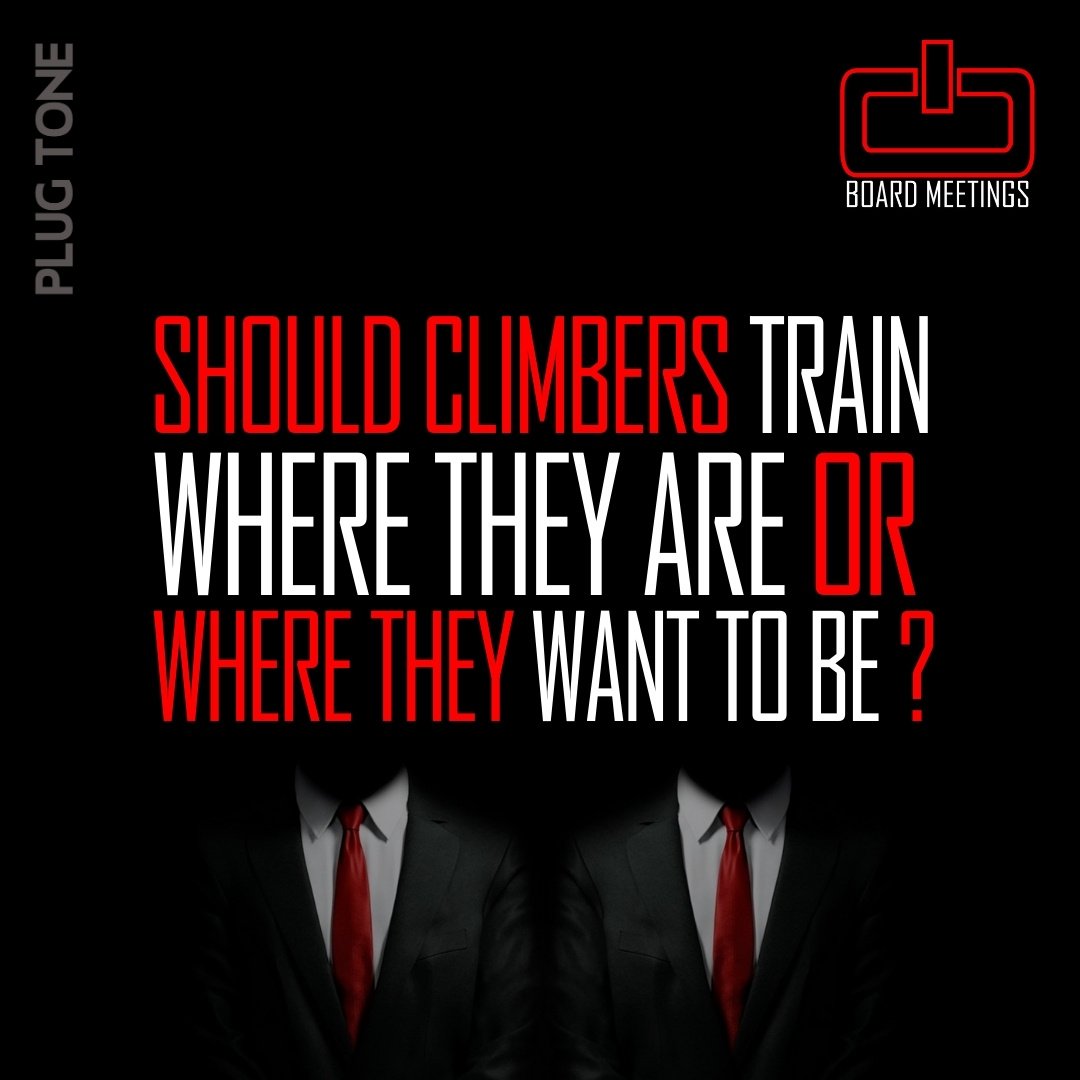


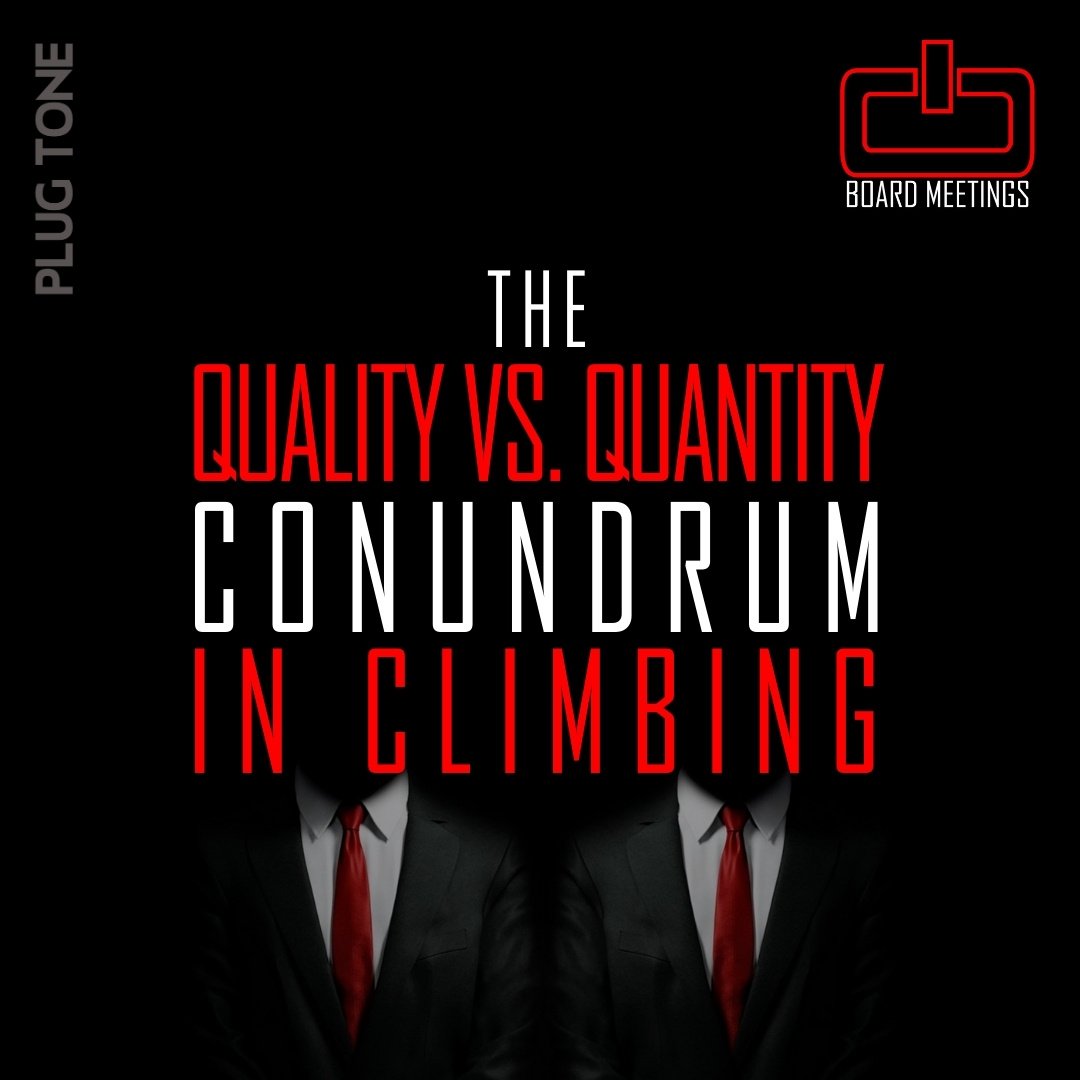

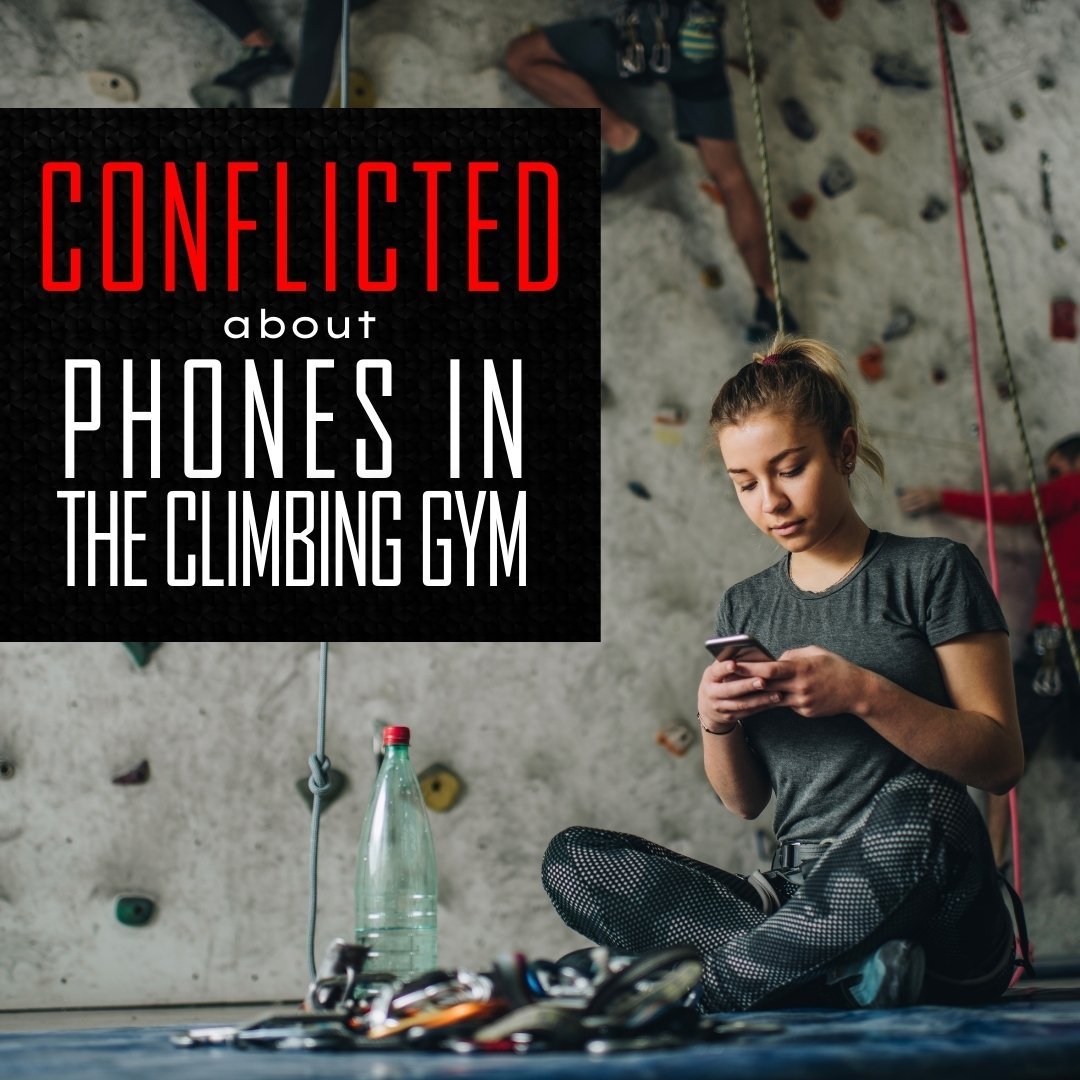
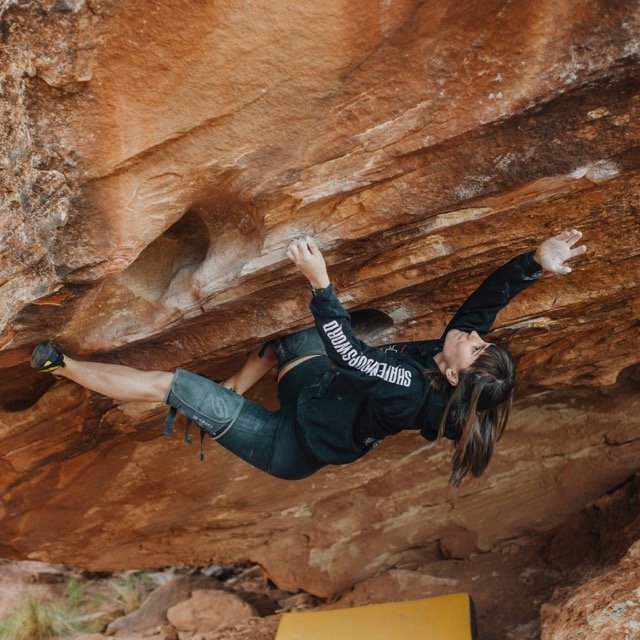

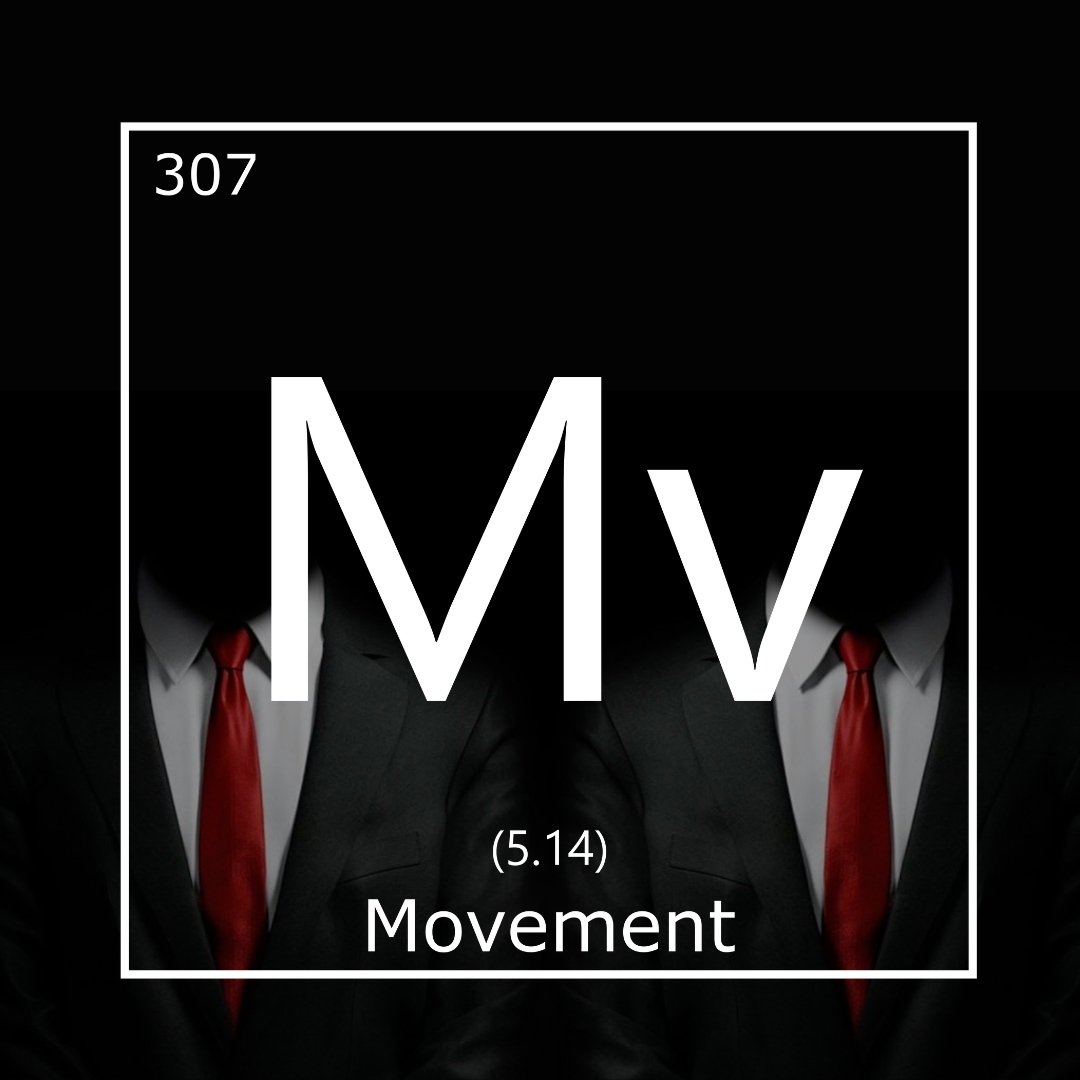
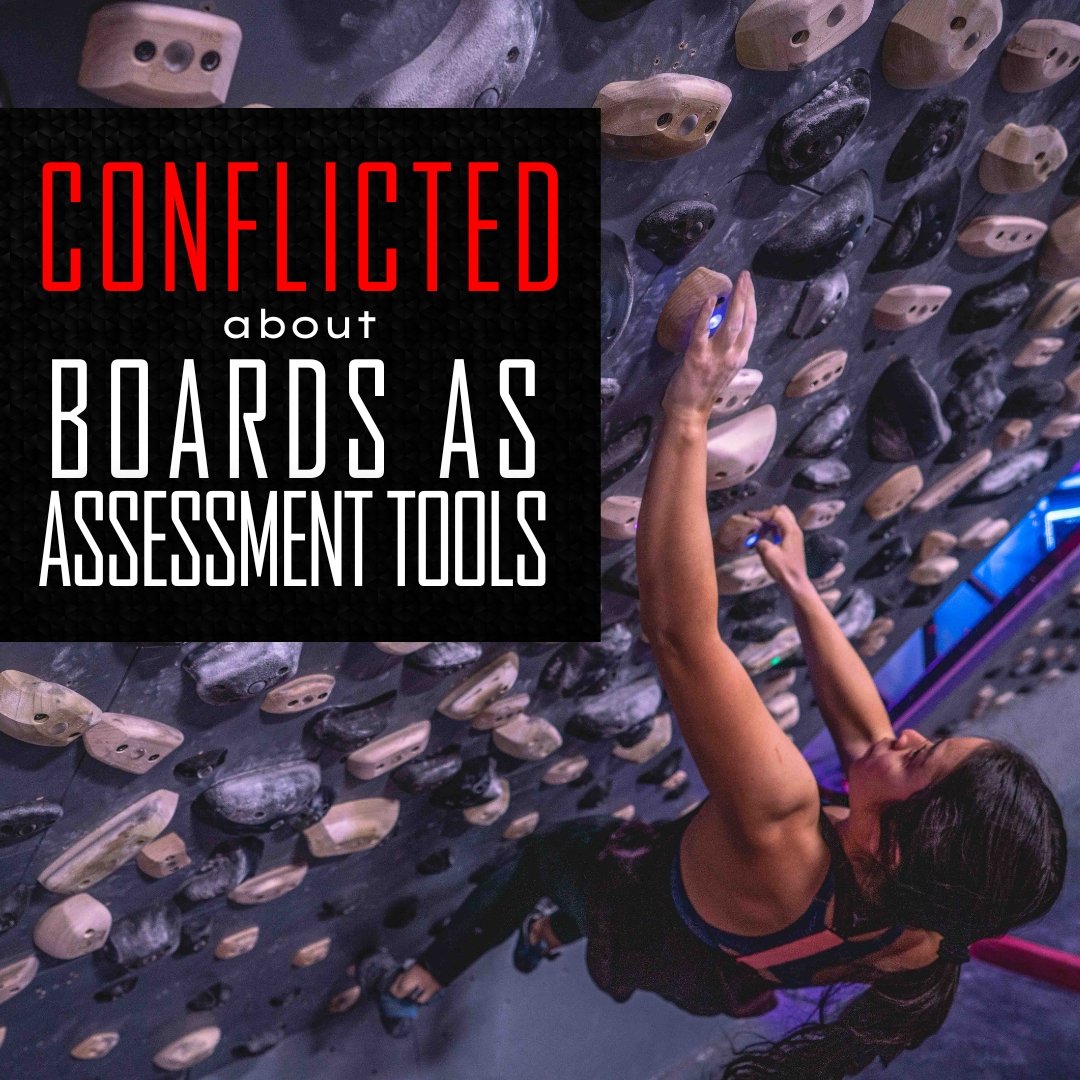
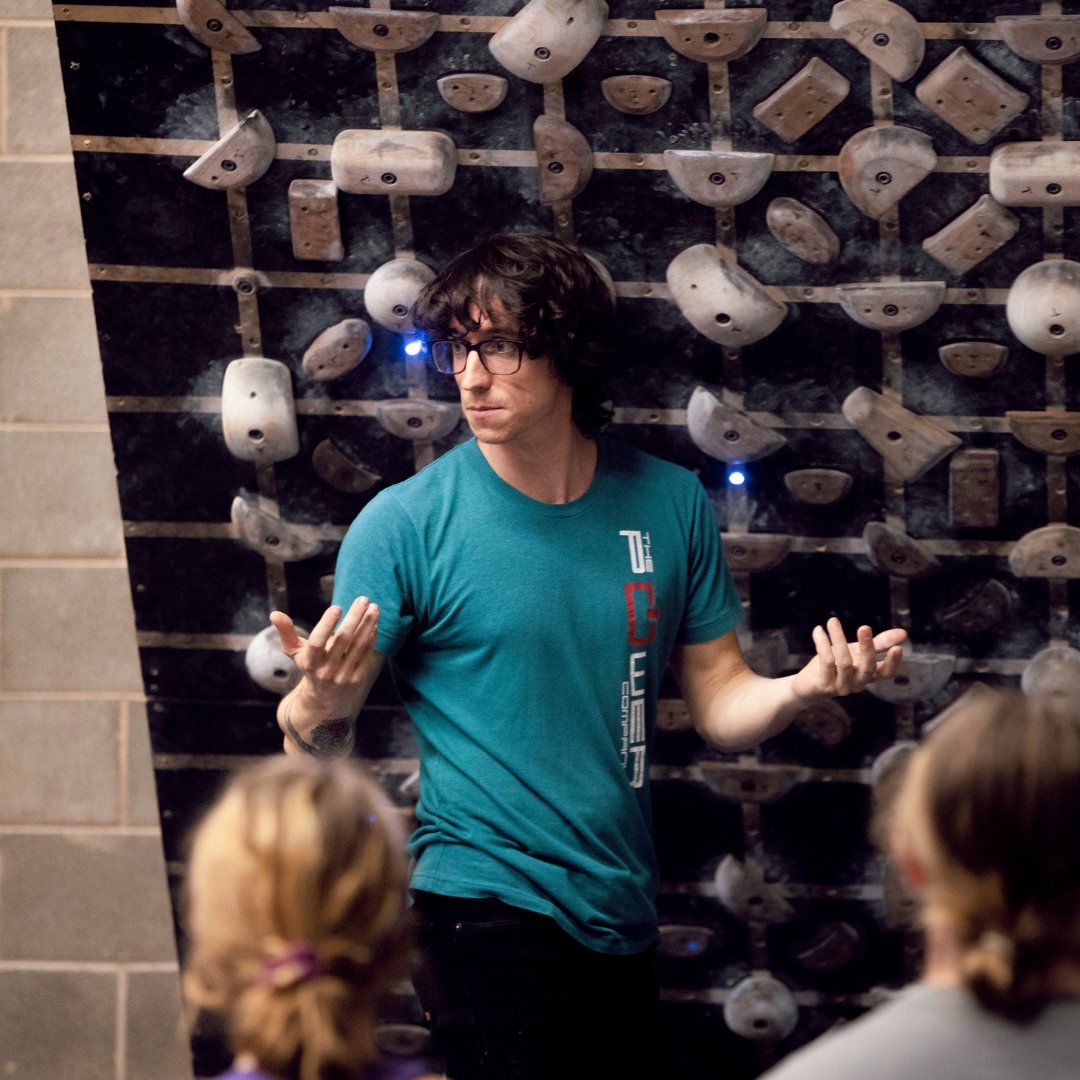
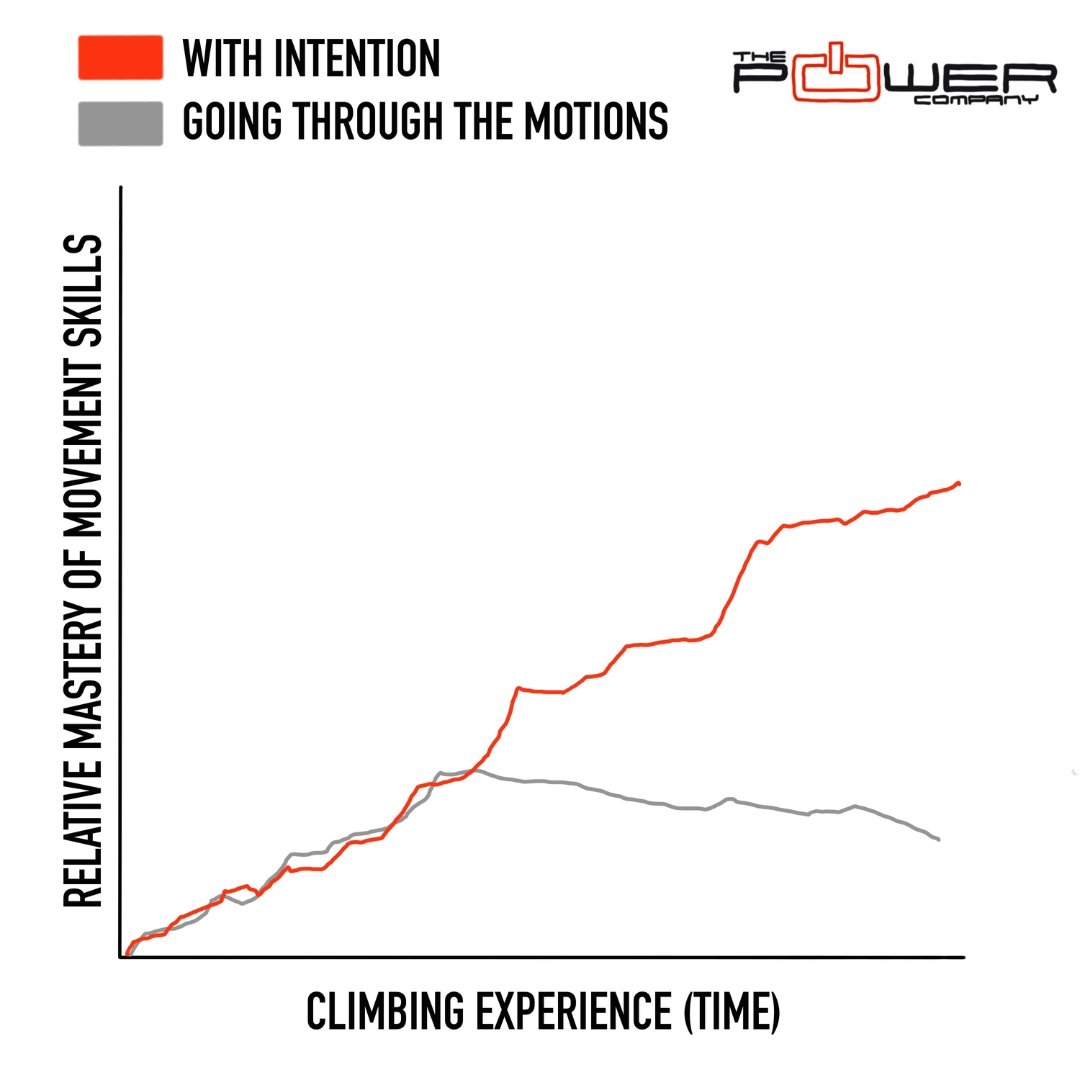




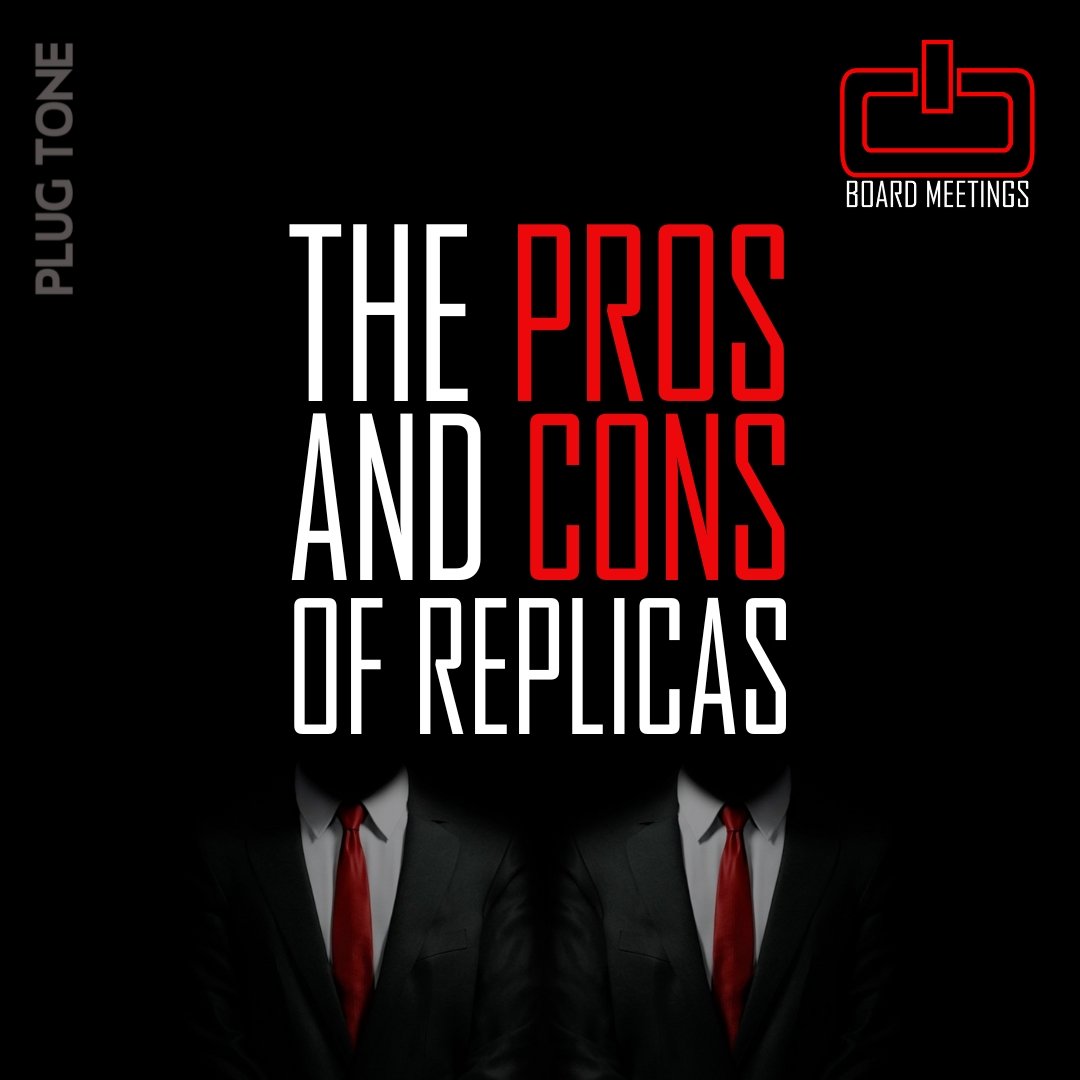


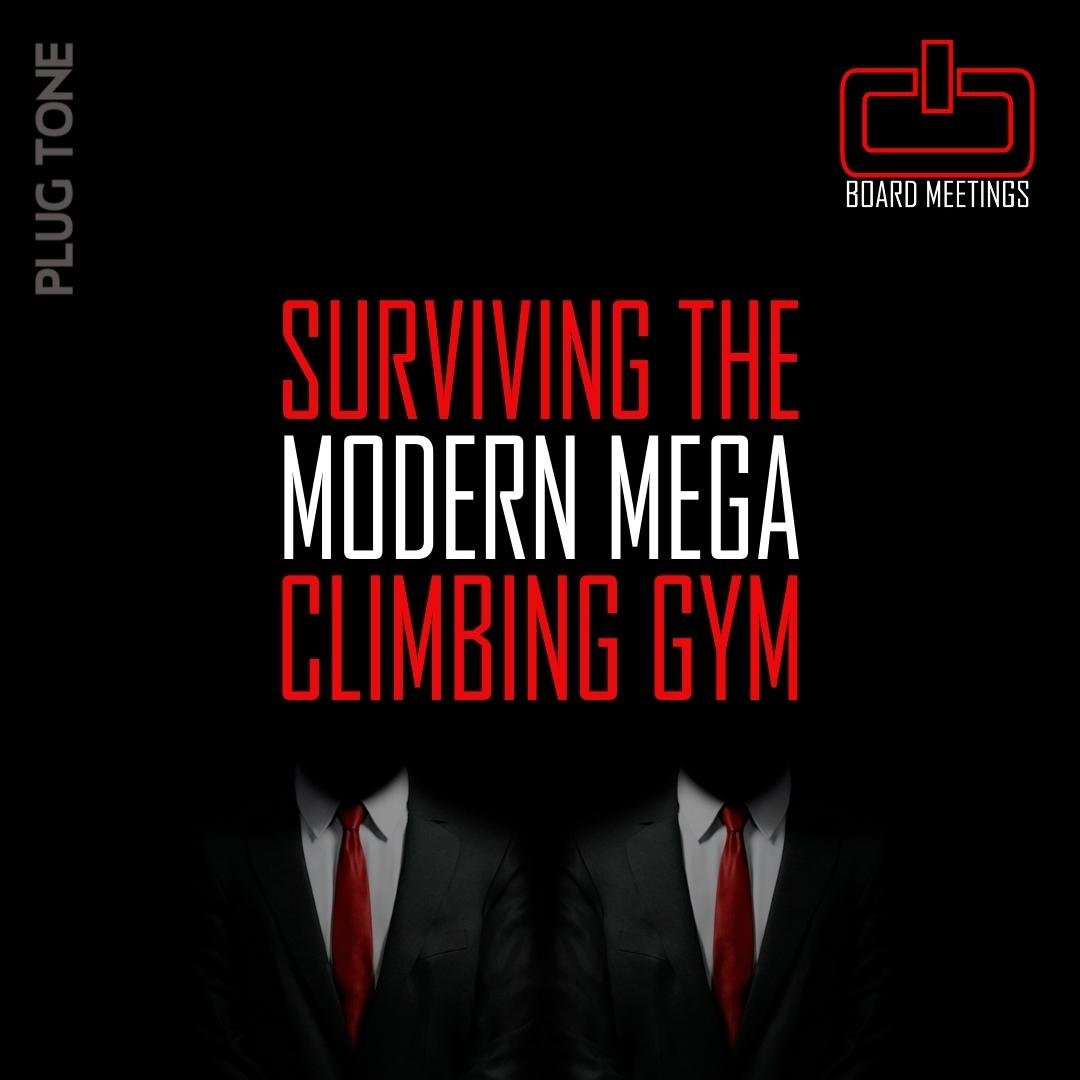


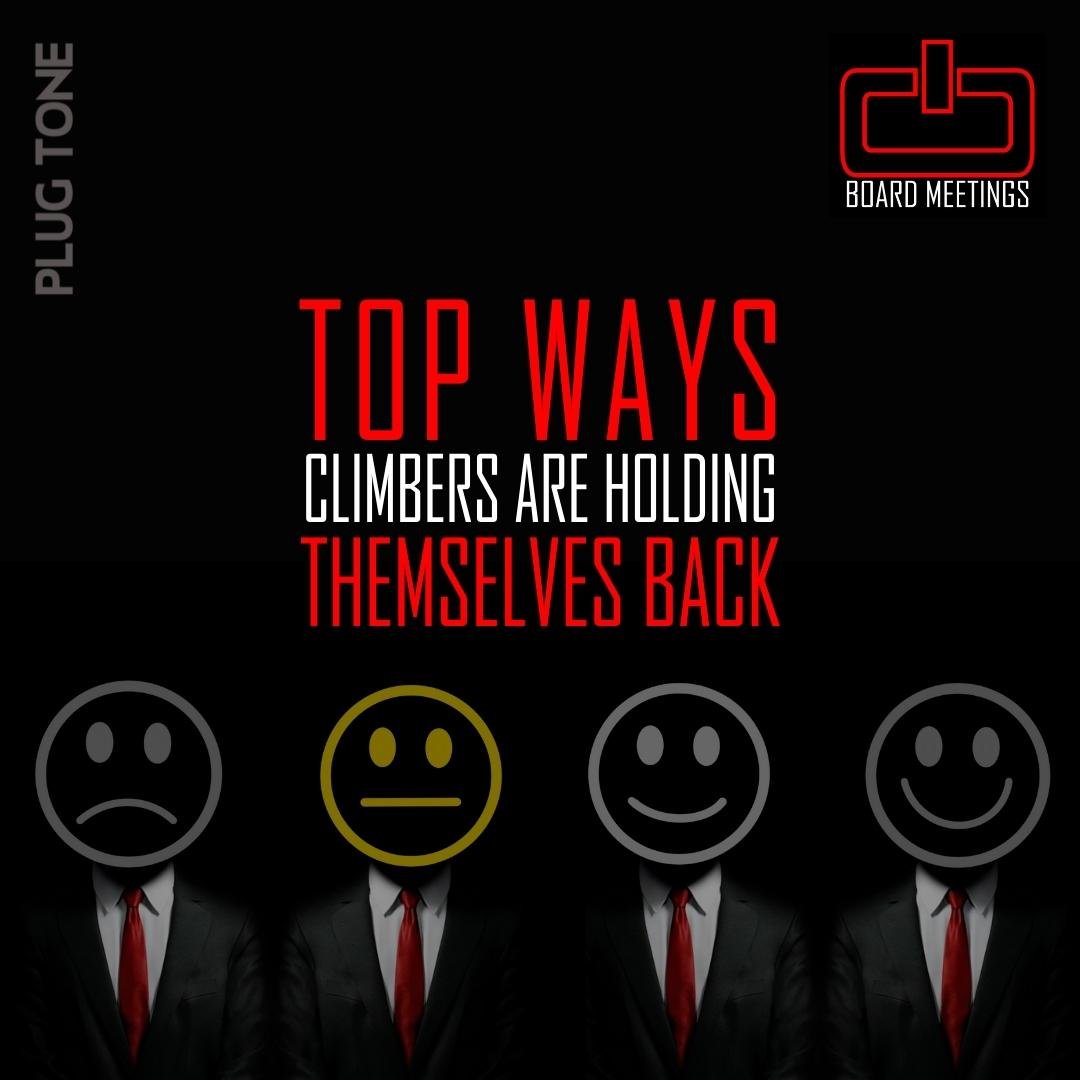



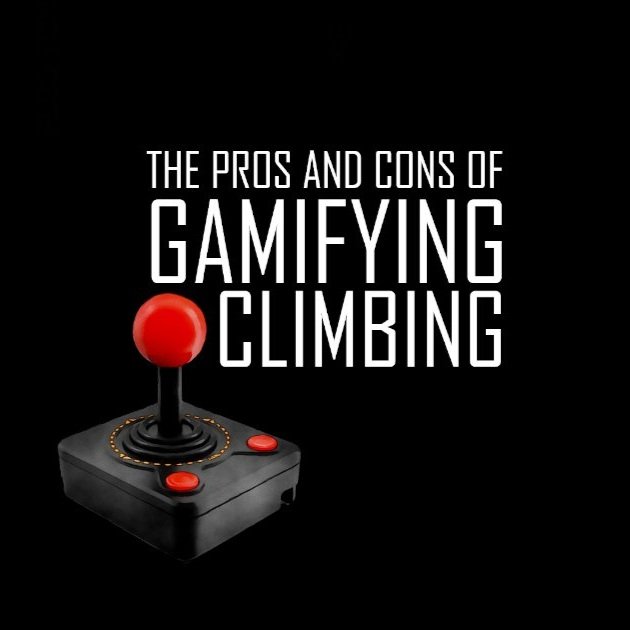

How do you know which is right for your situation?